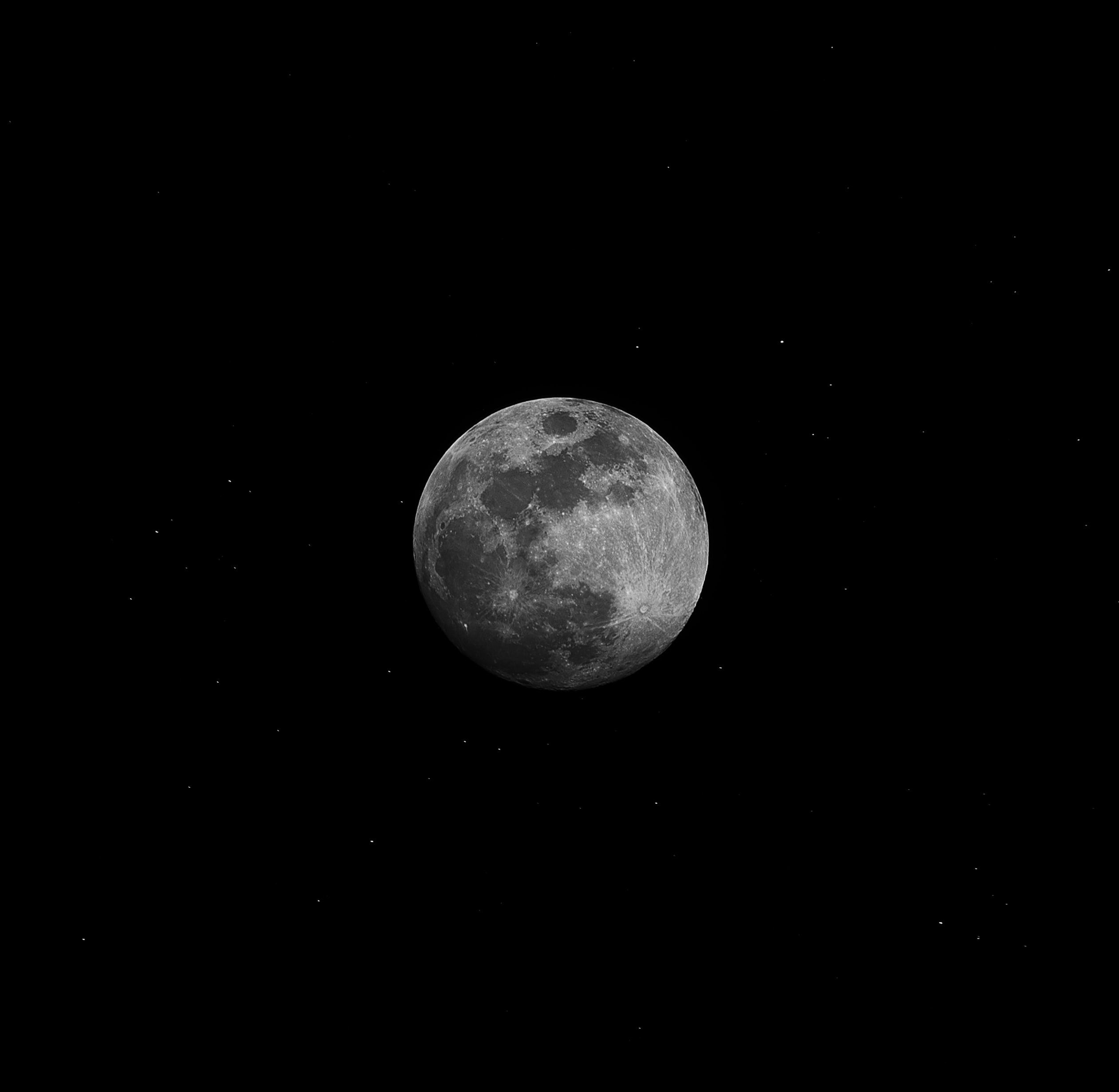What Time is the Full Moon Today in India?
Full moons have always fascinated human beings. They are beautiful and mysterious, serving as a reminder of the vastness of our universe. Many cultures and religions around the world attach great significance to the phases of the moon, including the full moon.
India, with its rich cultural heritage and ancient traditions, also holds the full moon in high regard. From festivals to religious ceremonies, the full moon holds a special place in the hearts of the Indian people. But what time does the full moon occur in India today? Let’s delve deeper into this celestial wonder!
Understanding the Lunar Cycle
Before we can determine the time of the full moon in India today, it’s important to understand the lunar cycle. The moon takes approximately 27.3 days to complete one orbit around the Earth. During this time, it goes through eight distinct lunar phases.
The lunar cycle begins with the new moon, where the moon is not visible from Earth. As the moon orbits the Earth, an increasing amount of its illuminated surface becomes visible, leading to the first quarter, waxing gibbous, and eventually, the full moon. After that, the moon wanes and goes through the third quarter, waning gibbous, and the last quarter before returning to the new moon phase.
Calculating the Full Moon Time in India
Calculating the exact time of the full moon is a complex task that requires precise astronomical measurements. However, we can use approximate calculations to determine the time of the full moon in India.
First, it’s important to note that the time of the full moon can vary from one location to another due to differences in time zones. India follows Indian Standard Time (IST), which is UTC +5:30. Therefore, to determine the time of the full moon in India, we need to consider both the time of the full moon in Coordinated Universal Time (UTC) and the time zone difference.
Step 1: Determining the UTC Full Moon Time
To determine the full moon time in UTC, we can refer to various astronomical resources, such as the NASA website or specialized applications. These sources provide accurate information about upcoming celestial events, including the full moon.
Let’s consider an example where we want to calculate the time of the full moon on a specific date. Using the provided resources and considering the time zone and daylight saving adjustments, we determine the UTC full moon time.
| Date | UTC Full Moon Time |
|---|---|
| February 14, 2023 | 23:37 UTC |
In this example, the UTC full moon time is 23:37 on February 14, 2023.
Step 2: Adjusting for Indian Standard Time
Now that we have determined the UTC full moon time, we need to adjust it for Indian Standard Time (IST). India is 5 hours and 30 minutes ahead of UTC, which means we need to add this time difference to the UTC full moon time.
Using the example date of February 14, 2023, we can calculate the IST full moon time:
IST Full Moon Time = UTC Full Moon Time + Time Zone Difference
IST Full Moon Time = 23:37 + 05:30
IST Full Moon Time = 05:07 (next day)
Therefore, the full moon will occur at 05:07 IST on February 15, 2023, in India.
Full Moon Significance in India
In Indian culture, the full moon, also known as Poornima, holds immense spiritual and religious significance. It is considered an auspicious time for various activities, celebrations, and religious rituals.
Many Hindu festivals and fasting days are based on the lunar calendar and are observed on the full moon day. One of the most popular and widely celebrated festivals in India is Diwali, also known as the Festival of Lights. Diwali is celebrated on the new moon day following the full moon in the month of Kartik (October/November).
Other festivals that often coincide with the full moon include Raksha Bandhan, celebrated in the month of Shravana (July/August), and Guru Purnima, dedicated to honoring spiritual teachers and gurus.
Conclusion
The full moon is a celestial phenomenon that has captivated humans throughout history, and India is no exception. By understanding the lunar cycle and making necessary time zone adjustments, we can determine the approximate time of the full moon in India.
Remember that accurate information about the full moon’s timing can be obtained from astronomical resources and specialized applications. So, whether you’re planning to participate in a festival or observe a religious ritual, make sure to check the specific date and time for the full moon in your area of India.
As the full moon graces the night sky, take a moment to cherish its beauty and reflect on the ancient wisdom and traditions that have been associated with this celestial event for centuries.
Table of Contents
